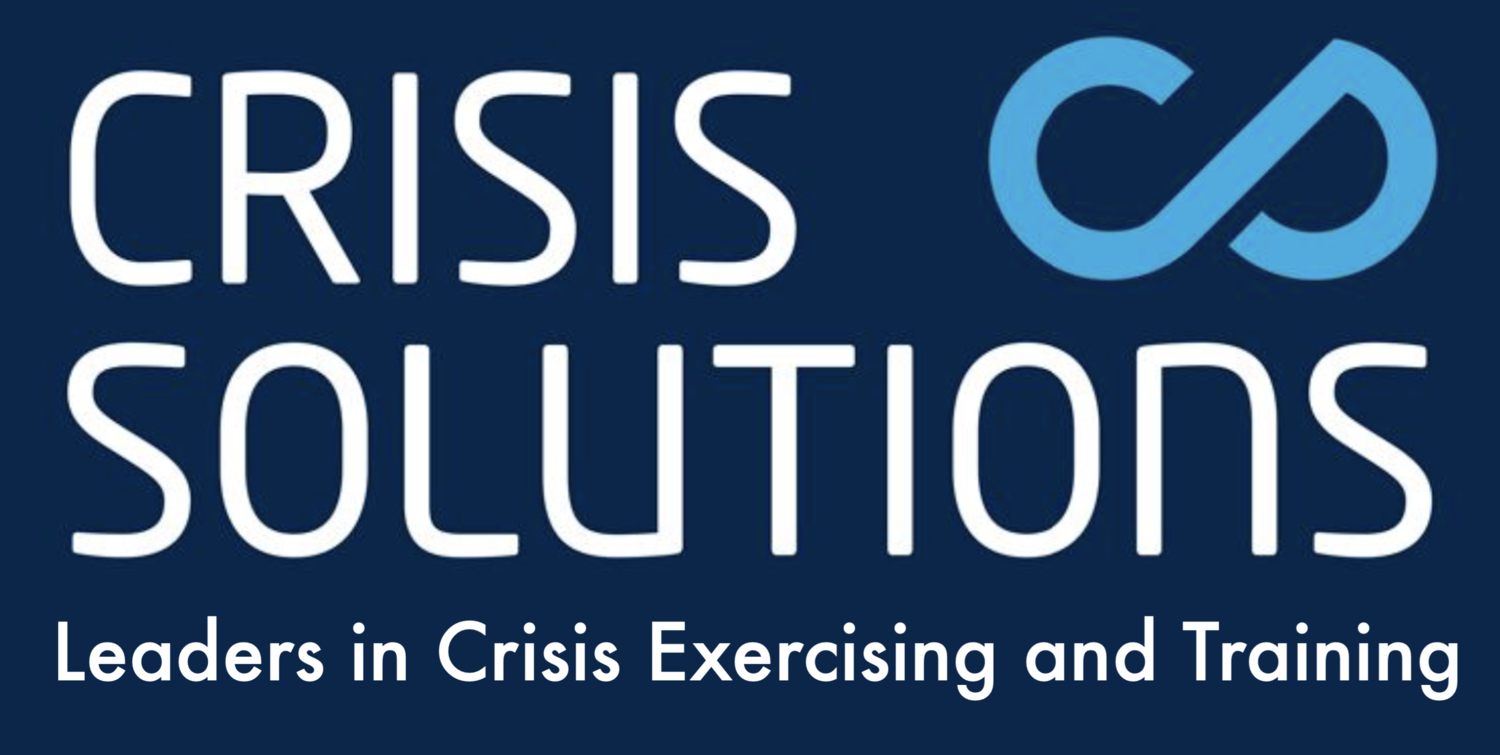Don’t fall into the trap of planning for the last crisis.
Various parts of the world have seen what the media lazily calls ‘unprecedented’ weather over the past few months. Severe flooding has affected parts of China, as well as Germany and Austria. High temperature alerts are in place across the southwest of the US, Spain and even the UK. Of course, whether these events really are ‘unprecedented’ is open to debate, as is the cause of these severe weather events. But what matters for businesses is how they plan for and cope with such scenarios.
It’s an easy trap for businesses to be constantly planning for the last crisis, particularly with all the work that has been done on severe weather, pandemic and cyber threats. But could the next threat be the disruption of power supplies? Earlier this month I spoke about the possibility of a solar storm engulfing the planet and knocking out power supplies and electrical signals, but maybe the next threat could be nearer to home.
A genuinely unprecedented global change will take place as many businesses open up their offices to workers again over the next year, bringing a huge change to the way energy is consumed. At the same time Vladimir Putin appears to be orchestrating a deliberate shortage of gas supplies to Europe. And we shouldn’t ignore that fact that an increasing number of people will be plugging in their electric cars to charge over the long, cold winter nights.
Further complications, particularly in the UK, could be caused by the acceleration of the planned closure of several nuclear plants. Against this precarious backdrop a cyber attack on power infrastructure - similar to the Colonial Pipeline attack - might tip the balance between supply and demand. It’s not too difficult to see a scenario this winter where emergency measures force homes and non-essential businesses to face rolling power cuts to preserve supplies.
As ever, crisis and business continuity professionals, as well as business owners and executives, need to make sure that they are planning for the next crisis rather than the last.

